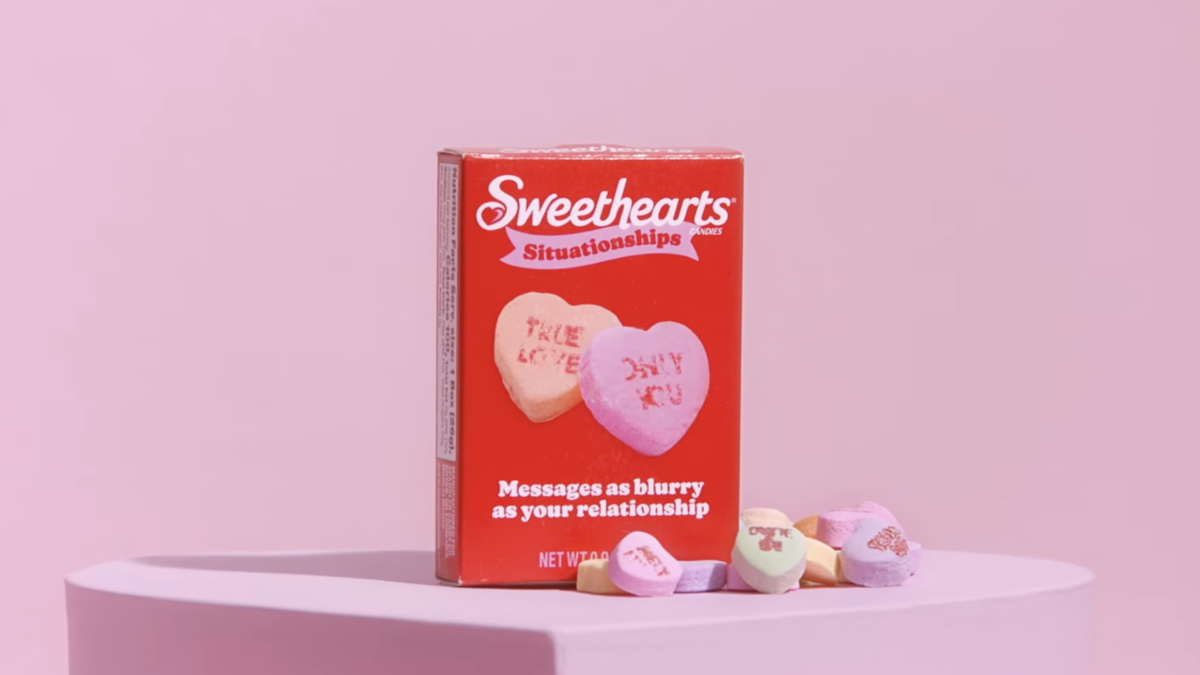Emma Watson drew comments and online ridicule about millennials’ latest buzzword with recent comments describing her relationship status. In an interview with British Vogue, the “Harry Potter” actress described herself as “self-partnered.” Watson’s comments came just before “Singles Day,” a Chinese holiday celebrated on November 11, which has become one of the largest shopping days in the world.
One needn’t feel embarrassment about living alone, and in that sense, Singles Day and “self-partnering” may serve useful purposes. Still, some may wonder whether buying a Kim Kardashian fragrance or a smartphone to celebrate one’s singledom constitutes a similarly useful “statement.”
But Watson’s comments also tend to minimize the larger point of relationships. At the risk of sounding like a parody of a Disney movie, the beauty of any relationship or partnership lies in putting someone else’s needs before one’s own. A total focus on “self-partnering” sounds self-absorbed. It’s millennials’ latest instance of making our society more atomized and individualistic, to the exclusion of the communal.
External Pressures
Watson used the “self-partnered” term in the context of “incredible amount of anxiety” she says she felt to have a husband and baby before turning 30. She said she previously thought singledom a curse more than a blessing: “I never believed the whole ‘I’m happy single’ spiel….I was like, ‘This is totally spiel.’ It took me a long time, but I’m very happy. I call it being self-partnered.”
Living outside a relationship does hold its advantages. Since my last relationship ended a few years ago, I have embraced new opportunities to diversify my life. I started volunteering regularly, a good habit that I have now stuck to for nearly four years. I have tried to become a better friend, reaching out to those closest to me regularly, to check in and help friends when I can. I’ve also become better at managing my life as a consultant who works from home.
Only after my last relationship ended did I recognize that I needed to change my lifestyle. In the time since, I’ve become a more balanced person, and done a better job at managing working from home, such that I no longer feel isolated, and lead a fuller, more fulfilled life.
The Downside of ‘Self-Partnering’
Once, in discussing relationships with a close friend of mine, he told me what in his view made his partnership successful. “I realized I couldn’t always get my way,” he told me. It seems like a simple enough premise (except perhaps for some millennials). But to defer to a partner, one must first have others in close enough proximity to require putting their needs first.
One evening a few years ago, as I peered into one of my kitchen cabinets, it dawned on me that every single item in those cabinets represented a potential source of disagreement with a partner. Things as simple as figuring out on which shelf all the spices belong, how (let alone what) to cook for dinner, or how to fill up the dishwasher—all these things and more can easily spark disputes among partners.
Success in any potential relationship requires compromise and self-sacrifice. But “self-partnering,” to use Watson’s phrase, means that one develops a natural tendency to put one’s own needs first, which can bleed over into any relationship once one does emerge. I’ve done that myself in the past, albeit unwittingly, because compromising skills can atrophy the more one remains “self-partnered.”
I’m Single, But I Don’t Want to Stay Here
After some time “self-partnering,” Watson may decide to resume a romantic partnership. And some people may choose to eschew relationships due to personal preferences, an inability to find the right mate, or a combination of the two.
But whether in volunteering, dating, or relationships in general, the more one gives of oneself to others, the more benefits and blessings one receives. For that reason, contra Watson, I would gladly give up “self-partnering” in a heartbeat. Likely most people feel the same way.









